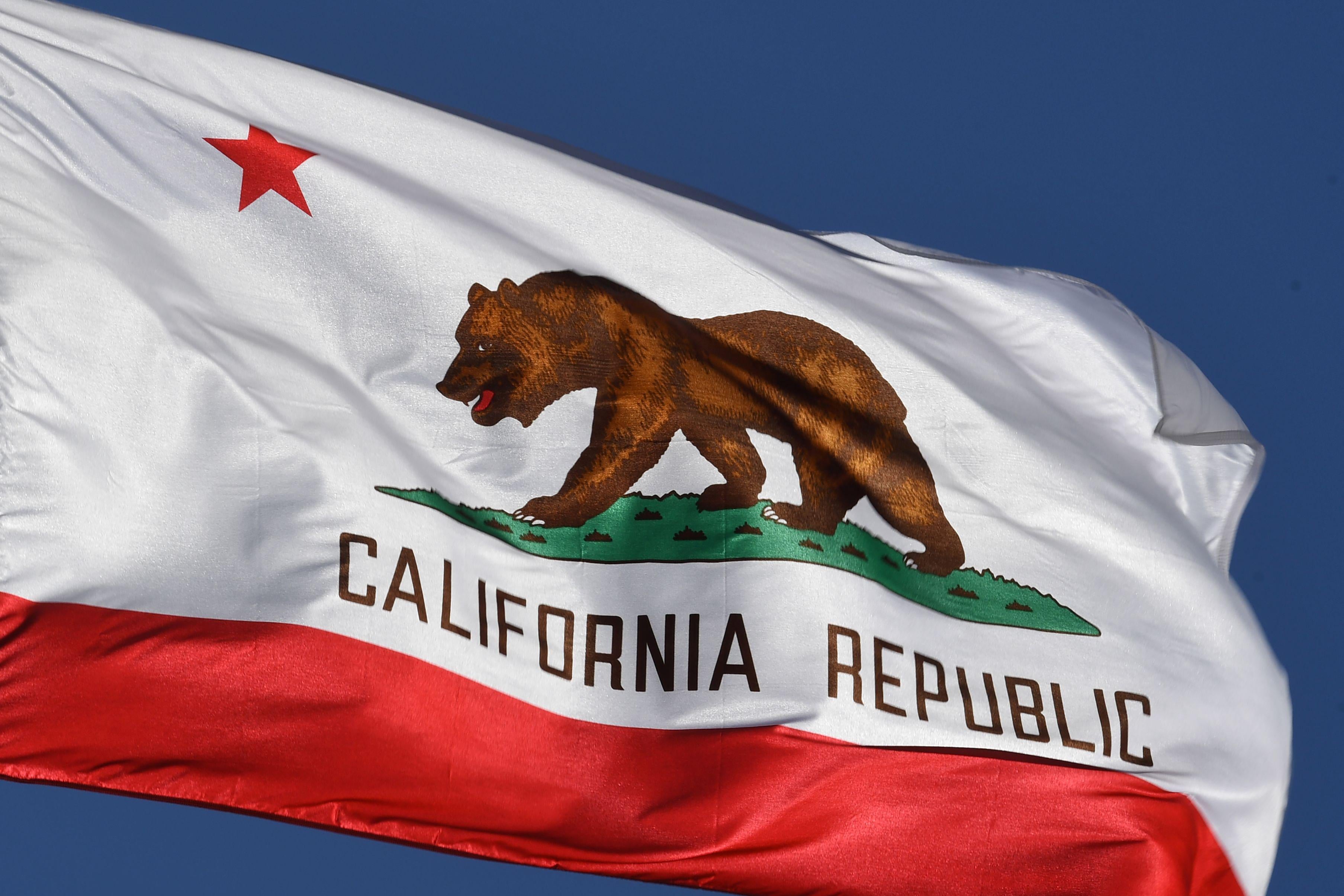The internet providers that cheered on the Federal Communications Commission’s killing of net neutrality in December may yet regret getting the thing they wished for. In the absence of federal open-internet protections, states across the country are starting to pass their own laws—a coast-spanning patchwork of regulations that companies like AT&T and Comcast may find harder to comply with than the now-axed Obama-era policy, which prevented broadband companies from slowing down or blocking access to websites. And a network neutrality law just introduced in California could be the toughest state law yet.
If the legislation passes, California would follow Washington, which was the first state to pass its own network neutrality policy at the beginning of the month. Governors in New York, Montana, and Hawaii have issued executive orders that bar state offices from doing any business with internet providers that don’t adhere to basic network neutrality protections, like prohibitions on speeding up access to sites that pay to reach users at faster speeds. California’s might be the most significant—not just for the bill’s toughness and the state’s huge population, but also because it’s the home of the world’s largest internet giants.
California state Sen. Scott Wiener originally drafted the legislation, SB-822, in January, and this Wednesday introduced an update to the bill that, beyond banning internet providers from blocking or throttling access to websites, would also bar them from engaging in another discriminatory process called “zero rating,” which is when an internet providers privileges some websites and apps over others by not counting their usage against monthly data caps.
AT&T, for example, uses zero rating when it allows its DirectTV Now customers to watch without cutting into customers’ data plans. While it could be argued that these plans are good for consumers, consumer-protection advocates have long maintained that zero rating allows internet providers to pick winners and losers online. If watching YouTube didn’t count against your Verizon bill, for example, customers might have extra incentive to watch YouTube instead of another video streaming site, like Vimeo.
The Obama-era FCC was in the midst of investigating both Verizon and AT&T’s zero rating practices in 2016. But after Donald Trump became president and FCC Commissioner Ajit Pai took over as chairman of the agency, it abruptly ended that inquiry. The net neutrality rules that were dismantled in December didn’t bar zero rating, but they did give the FCC the authority to examine if an ISP’s zero-rating scheme was anticompetitive on a case-by-case basis
The new California proposal would also bar internet providers from meddling with or unreasonably neglecting network management and interconnection agreements that would downgrade how certain websites are able to connect to their networks, a practice all kinds of internet providers have engaged in over the years. New York Attorney General Eric Schneiderman’s office filed suit against Spectrum-Time Warner Cable last year for network slowdowns and service interruption that “were often the result of a deliberate business choice by Spectrum–Time Warner Cable to squeeze higher fees out of content providers like Netflix,” as the attorney general put it in an interview, which he says left New Yorkers without the speeds and services they were paying for.
The federal network neutrality rules that were finalized by the current FCC aren’t slated to go into effect until April, but when they do, internet providers will legally be allowed to block or slowdown access or charge a website a fee to reach users faster as much as they want as long as they disclose their business practices to consumers. The new federal rules also pre-empt state laws that circumvent the FCC’s rules or attempt to reinstate any of the regulations the FCC repealed, which means any state action, like Washington’s or the California proposal, may be challenged in court.
Barbara van Schewick, a law professor at Stanford University who specializes in internet regulation, doesn’t believe the the FCC’s pre-emption clause will hold water. According to case law “the FCC can only prevent the states from adopting net neutrality protections if the FCC has authority to adopt net neutrality protections itself,” van Schewick wrote in a blog post on Wednesday. “Since the FCC’s 2017 Order removed the agency’s authority to adopt net neutrality protections, it doesn’t have authority to prevent the states from doing so, either.” A similar, less comprehensive state bill cleared the California senate in January, so this latest proposal has a decent chance of passing, too.
If van Schewick is right, California’s net neutrality law may have ramifications that stretch beyond the state’s borders, since applying rules within one state’s lines alone isn’t always feasible when it comes to the relatively borderless internet. This is what happened in 2003 with the passage of the California Online Privacy Protection Act, which required websites to publish privacy polices when they collect data about users. Although California was the first state with such a law and since posting a privacy policy for a website in one state and not others would be difficult to implement, California ended up setting nationwide internet privacy standards. If Weiner’s measure passes and resists legal challenges, California may find itself behind the wheel again in crafting consumer protection laws for the internet that the rest of the country ends up living with. And in the case of stopping companies like Comcast an AT&T from blocking or slowing down access to parts of the net, that could be a very good thing.
